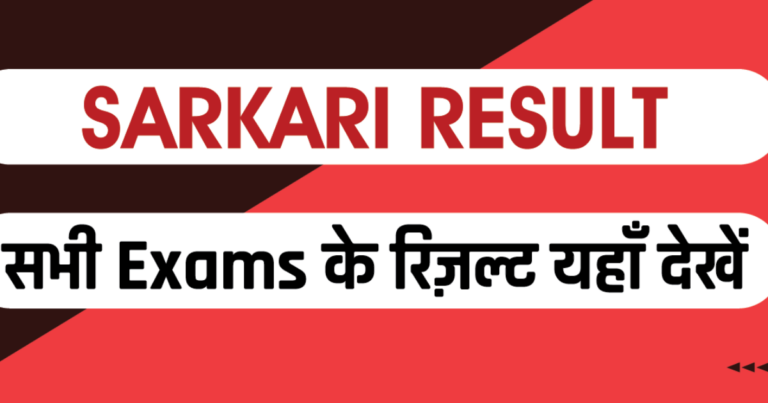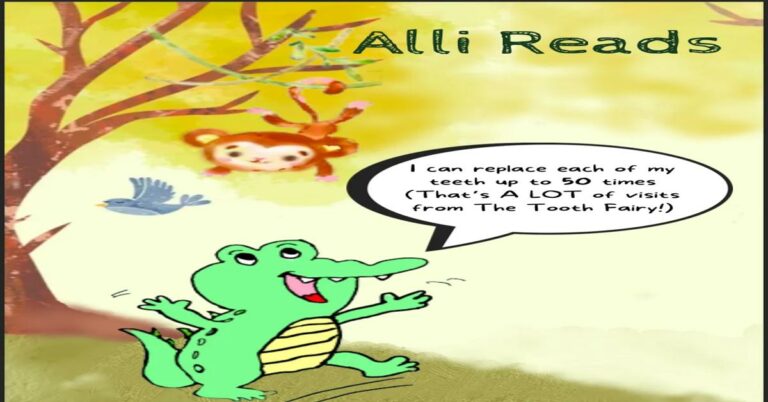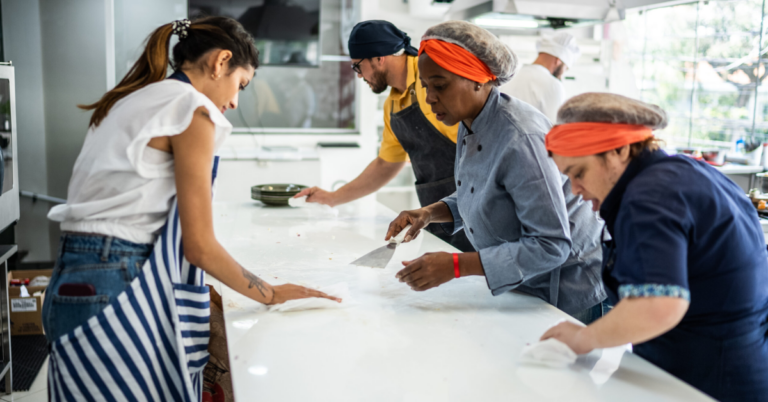Experiential Learning Opportunities: Internships, Service Learning, and Study Abroad Programs
For individuals seeking to enhance their educational journey, hands-on learning experiences offer a distinct advantage. This approach allows learners to actively engage with the subject matter, fostering a deeper understanding and retention of knowledge. By immersing themselves in practical activities, students can bridge the gap between theoretical concepts and real-world applications, ultimately broadening their skill set and expertise.
Moreover, hands-on learning experiences provide a valuable opportunity for individuals to develop critical thinking and problem-solving skills. Through direct interaction with materials and tools, learners can experiment, make mistakes, and learn from them in a supportive environment. This process not only builds confidence but also encourages creativity and innovation, enabling students to tackle challenges with resilience and adaptability.
• Hands-on learning allows for active engagement with subject matter
• Bridges gap between theoretical concepts and real-world applications
• Broadens skill set and expertise
• Develops critical thinking and problem-solving skills
• Encourages experimentation, learning from mistakes in a supportive environment
• Builds confidence, creativity, and innovation
Exploring Professional Environments
Incorporating hands-on learning experiences into educational settings can greatly enhance students’ understanding of professional environments. By immersing themselves in real-life scenarios, learners can gain valuable insights into the workings of various industries and develop a practical understanding of the skills required in the workplace. This experiential approach encourages students to apply theoretical knowledge to practical situations, fostering a deeper understanding of the professional world.
Engaging with professional environments allows individuals to explore different career paths and industries, helping them make informed decisions about their future endeavors. By interacting with professionals in various fields, students can gain valuable insights into the day-to-day challenges and opportunities present in different sectors. This firsthand exposure not only broadens their horizons but also equips them with the practical skills and knowledge necessary to succeed in their chosen professions.
Gaining Practical Skills and Knowledge
In today’s competitive job market, possessing practical skills and knowledge has become increasingly important for individuals looking to advance in their careers. As traditional education can only provide a limited amount of hands-on experience, seeking out opportunities to apply theoretical concepts in real-world settings is crucial. Through practical learning experiences, individuals are better able to understand the nuances of their chosen field and develop the necessary skills to succeed in their professional endeavors.
By immersing oneself in professional environments, individuals can gain valuable insights into industry practices and trends that are not always covered in textbooks or lectures. This firsthand exposure allows individuals to see how concepts are put into practice and to learn from experienced professionals in the field. Whether through internships, apprenticeships, or volunteer opportunities, engaging in hands-on learning experiences can provide a unique perspective that helps individuals bridge the gap between theory and application.
Why are hands-on learning experiences beneficial?
Hands-on learning experiences help individuals apply theoretical knowledge to practical situations, leading to a better understanding of concepts and improved retention of information.
How can exploring professional environments benefit students?
Exploring professional environments allows students to gain real-world experience, network with professionals, and develop skills that are highly valued by employers.
What practical skills can be gained through hands-on learning?
Practical skills such as problem-solving, critical thinking, communication, and teamwork can be developed through hands-on learning experiences.
How can gaining practical skills and knowledge enhance one’s career prospects?
By acquiring practical skills and knowledge, individuals can effectively demonstrate their abilities to potential employers, making them more competitive in the job market.
Are hands-on learning experiences only beneficial for certain fields of study?
No, hands-on learning experiences can be valuable in a wide range of fields, including STEM, arts, business, and healthcare.







